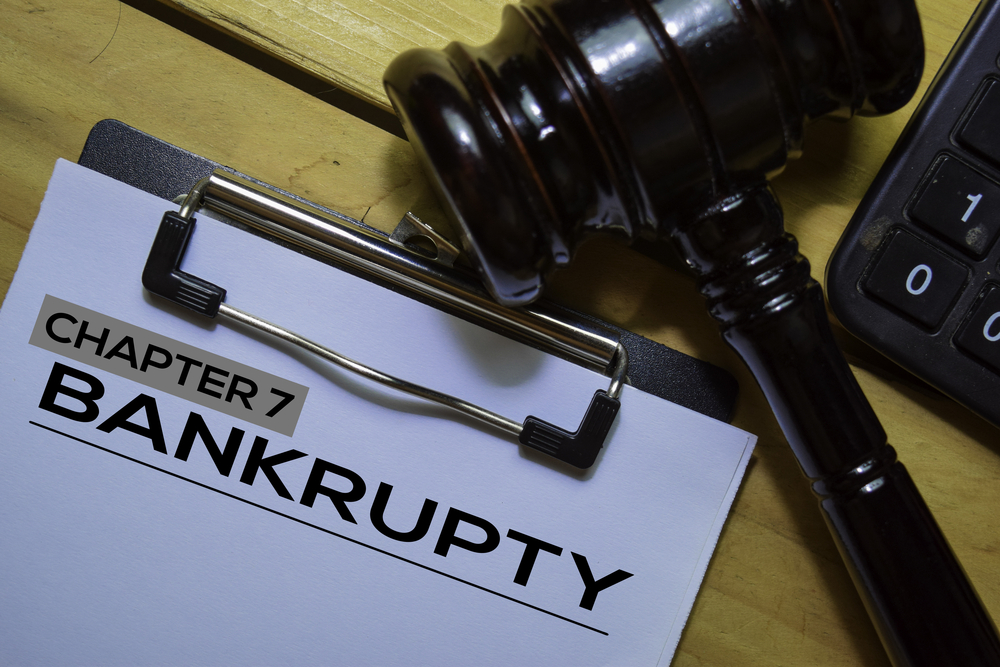
Fixing Your Credit Rating After Chapter 7 Bankruptcy

Chapter 7 Bankruptcy Lawyer
It’s common knowledge that filing bankruptcy lowers your credit score. In fact, it makes some people reluctant to declare bankruptcy. However, even though your credit score will take a hit, it’s possible to rebuild it in time. Here’s how.
Make Timely Payments
Positive payment history is one of the most important factors in determining your credit score. The more timely payments you have, the better your credit rating will ultimately be. As such, you should make an effort to make timely payments after declaring bankruptcy. If you have difficulty remembering to make your payments every month, you may want to look into autopay. If you enroll in autopay, your payments will automatically be deducted from your checking account every month.
Pay Attention to Your Credit Utilization
Credit utilization is another important factor lenders use when deciding whether or not to approve you for a loan. Ideally, you want to keep your credit utilization less than 30 percent. Maintaining a low credit utilization ratio shows potential lenders that you are a responsible borrower and don’t rely too heavily on your credit cards.
Request For Your Payments to Be Reported to the Credit Bureaus
Creditors and lenders aren’t actually required to report payments to credit bureaus. If you’ve just filed for bankruptcy and are trying to fix your credit, you may want to ask your creditors and lender to report your activity to the credit bureaus. You can take it a step further and request for your rent and utilities to be reported to the credit bureaus.
Obtain a Secured Credit Card
If you are having trouble getting approved for regular credit cards, don’t feel too bad. It’s often difficult for those just fresh off of bankruptcy to qualify for traditional credit cards. One thing you can do is obtain a secured credit card, which requires you to make a cash deposit. Once you make timely payments on this card, you may be able to qualify for regular credit cards.
Check Your Credit Report
Since errors can occur on credit reports, you should check yours after filing for bankruptcy. Make sure that all the debts you discharged don’t show up as active on your credit report. If you detect errors, let your bankruptcy lawyer know immediately.

